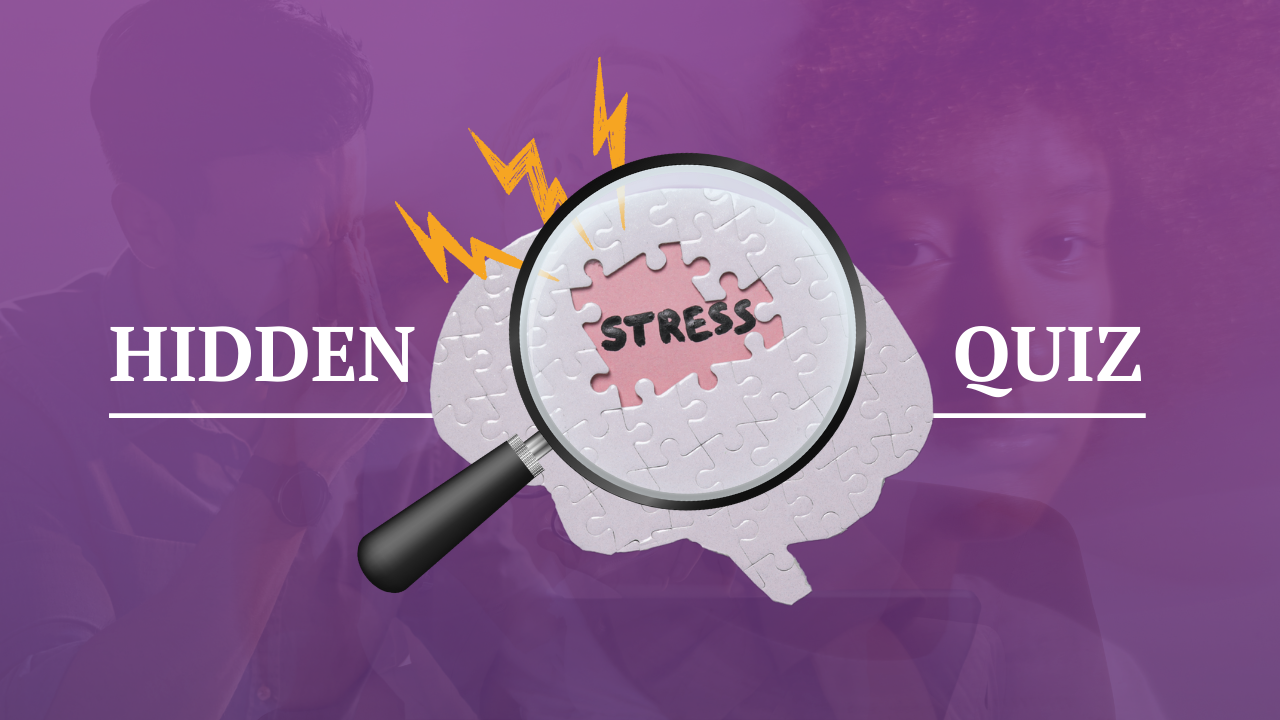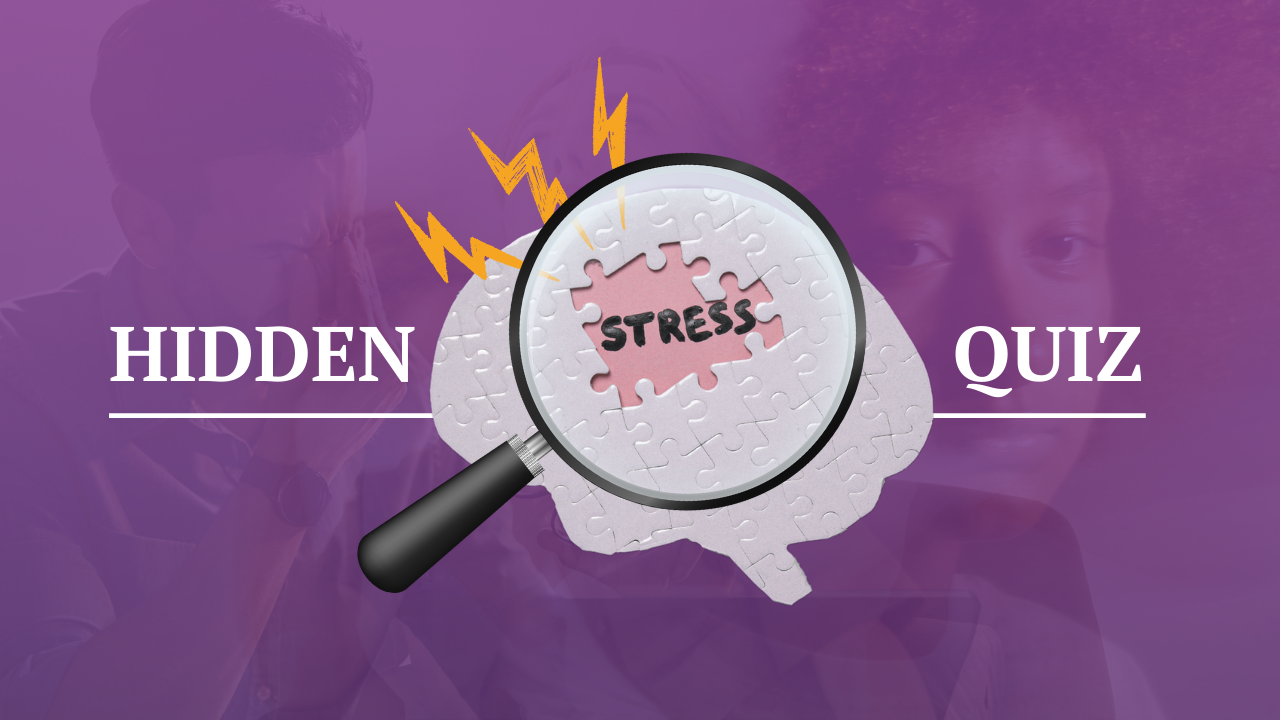When Stress Feels Overwhelming, Shift Your Mindset
Apr 30, 2025
I once worked with a client, whom I’ll call Stephanie (name changed for privacy), who felt completely consumed by stress. No matter how much she tried to relax, she was stuck in a cycle of worrying about work, family obligations, and all the things outside of her control. “I just can’t turn off my brain,” she told me.
Stephanie didn’t need to eliminate stress—she needed to change how she responded to it. Through small mindset shifts, she went from feeling powerless to feeling capable and calm, even in stressful situations.
Mindset isn’t about ignoring stress—it’s about choosing a response that supports your well-being. Here’s how you can reset your mindset for more peace, even in high-pressure moments.
1) Reframe Stress as a Challenge, Not a Threat
One of the biggest mindset shifts Stephanie made was changing how she viewed stress. Instead of seeing it as something negative, she began seeing it as a challenge—something she could handle and learn from.
Why It Works:
- Research shows that people who view stress as a challenge instead of a threat have lower cortisol levels and better problem-solving skills (Jamieson et al., 2012).
- Your body’s stress response can be helpful—it sharpens focus and increases motivation when channeled correctly.
How to Use It:
- When stress arises, ask yourself: What is this teaching me?
- Instead of saying, This is too much, try I can figure this out, step by step.
- Remind yourself: Your mindset shapes your response—and your response shapes your outcome.
Try This: Next time you feel overwhelmed, say “This is a challenge I can handle” instead of “This is too stressful.” Notice how your body reacts differently.
2) Use the “Yet” Technique to Shift Negative Thoughts
Stephanie often told herself, I can’t handle this. But when she started adding one small word—“yet”—her entire perspective shifted.
Why It Works:
- The word “yet” signals your brain that growth is possible, shifting focus from failure to progress (Dweck, 2006).
- It creates space for learning instead of shutting down in stress.
How to Use It:
- Replace absolute thinking (I can’t do this) with growth-oriented thinking (I can’t do this… yet).
- Catch yourself when you use self-limiting language and add “yet” at the end.
- Reframe mistakes as steps toward progress instead of signs of failure.
Try This: Write down one negative thought you’ve had today. Add “yet” to the end and notice how it changes the way you feel.
3) Practice Gratitude in Stressful Moments
Stephanie thought gratitude was just about feeling thankful when things were good. But the real power of gratitude? Using it as a tool in difficult moments.
Why It Works:
- Practicing gratitude shifts focus from what’s wrong to what’s working, reducing stress and increasing resilience (Emmons & McCullough, 2003).
- It helps break the cycle of overthinking by redirecting attention to something positive.
How to Use It:
- When stress builds up, pause and ask: What’s one thing going right for me today?
- Keep a stressful situation gratitude list—find one small thing to appreciate in every challenge.
- Use gratitude as a reset button when your mind spirals into negativity.
Try This: Next time you feel stressed, write down one thing that’s going well today. It doesn’t have to be big—just something positive to refocus your mind.
Small Shifts, Big Results
Stephanie didn’t erase stress from her life—she changed how she processed it. By reframing stress, using the “yet” technique, and practicing gratitude in tough moments, she learned to navigate challenges with confidence and ease.
Stress is inevitable, but how you think about it is in your control. What’s one mindset shift you can make today? Send me an email to tell me about your mindset shift [email protected]
References
- Dweck, C. S. (2006). Mindset: The new psychology of success. Random House.
- Emmons, R. A., & McCullough, M. E. (2003). Counting blessings versus burdens: An experimental investigation of gratitude and subjective well-being in daily life. Journal of Personality and Social Psychology, 84(2), 377-389.
- Jamieson, J. P., Mendes, W. B., Blackstock, E., & Schmader, T. (2012). Turning the knots in your stomach into bows: Reappraising arousal improves performance on the GRE. Journal of Experimental Social Psychology, 48(4), 918-923.


